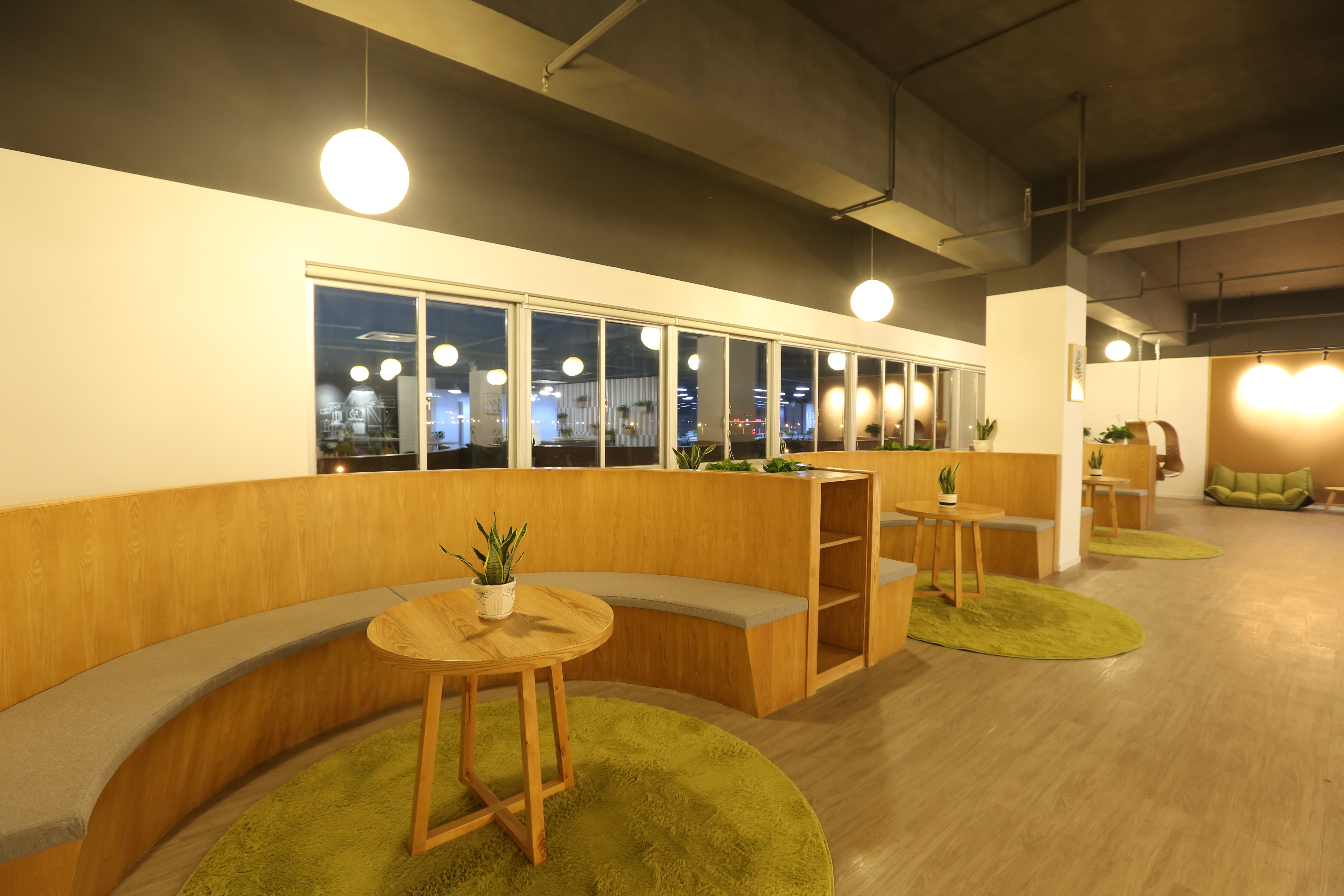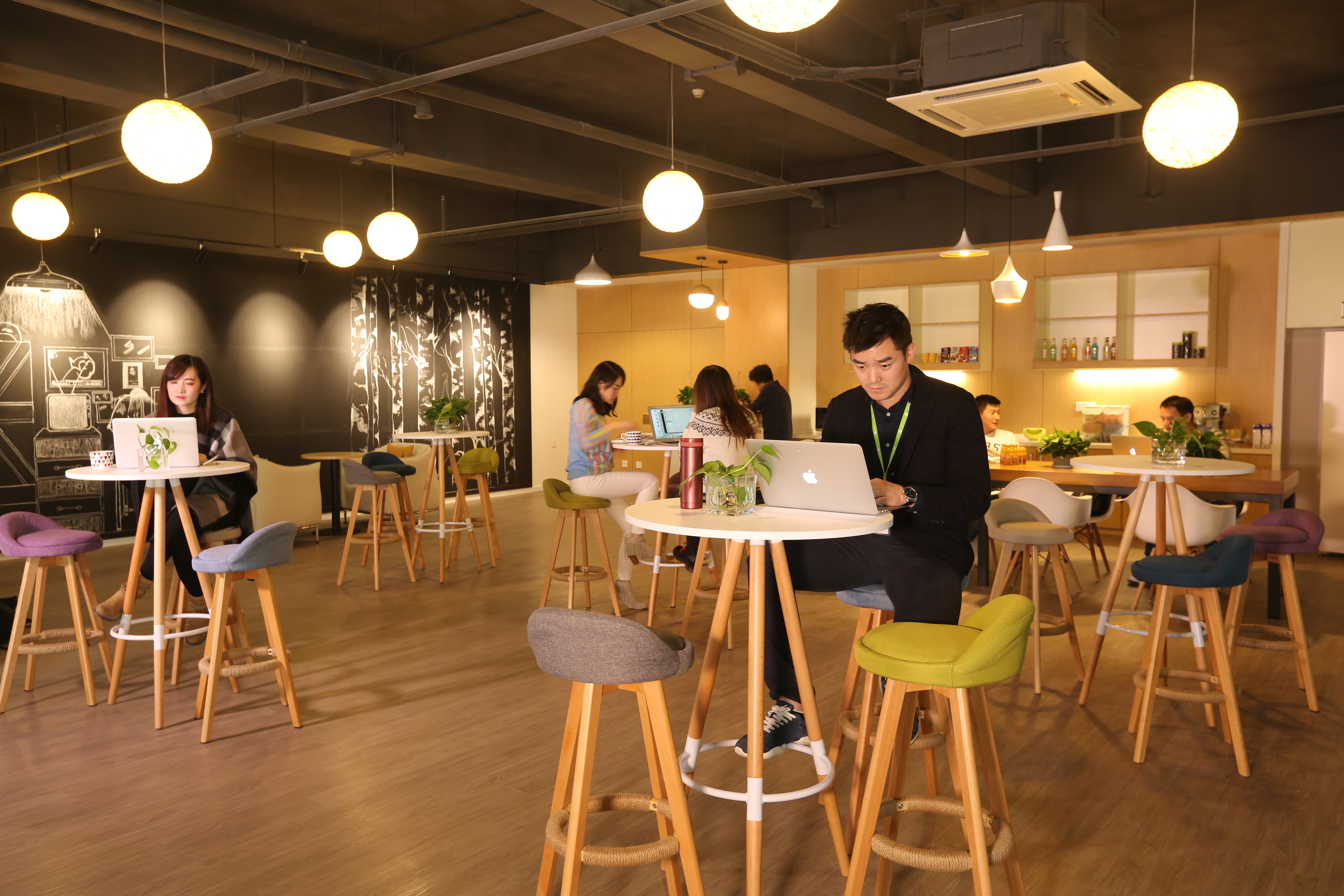In late 2017, MIT Sloan Management Review and The Boston Consulting Group conducted a global survey that painted a thought-provoking picture of not only the extent of artificial intelligence (AI) application in commerce, but the sky-high expectations of what the technology will achieve.
About one in 20 of the companies surveyed had already incorporated AI extensively. That shows AI to be fast approaching a tipping point at which it will be considered a routine, rather than optional tool of business. The survey also gave some insight on why businesses are adopting AI; three-quarters of executives believe it will enable their companies to move into new businesses, and almost 85% think it will help them gain or sustain a competitive advantage.
Their faith in AI’s ability to work wonders explains why, according to Gartner, companies are set to spend US$29 billion by 2021 using the technology to transform everything from operations to customer interactions.
Companies are betting big on AI. If they’re right, it will change every aspect of our daily lives.
The world in AI’s embrace
It may not make headlines every day, but even a cursory glance at the news provides evidence of AI’s steady seep into the global economy.
China, for example, has announced plans to become a world leader in AI by 2030, and has already splashed out US$2.1 billion on a research park to develop the technology. China’s president even highlighted how big data and AI are integrated and closely tied with China's economy and will be key drivers of the country’s long-term growth.
The Dubai Health Authority (DHA) is pioneering AI in the public healthcare sector. Initially, AI will be sorting out chest X-ray scans from the mandatory medical tests required for residency in the country. The DHA hopes it will streamline the system, cut down processing times and issue results more efficiently. Plans call for all 19 medical fitness centres for visa issuance and renewal across the emirate to adopt AI in 2019.
Australian businesses were once considered the ‘least prepared’ (according to a Guardian survey) for AI, but are now seizing on the technology in a big way. UBank, the National Australia Bank’s digital arm, already uses an AI platform dubbed ‘RoboChat’ to guide customers through home loan applications. The next version of RoboChat will use a tone analyser to help determine the emotional state of applicants and respond to this state in an appropriate manner. Eventually, the platform will handle the entire home loan process.
Harnessing a disruptive mindset
Clearly, even when put to work to simply improve service or save money, AI’s most highly prized quality is its potential to disrupt; to solve problems from a different perspective than that which created them.
It is precisely this kind of ‘non-human creativity tailored for humans’ that may make AI a powerful tool for event planners in years to come. Events are fundamentally occasions in which brands and audiences may relate – a dynamic which relies upon storytelling and creating personalised moments.
At the very least, AI could free event planners from the mundane tasks of analysing audience demographics, behaviours, interests and preferences. Human planners could then unleash their full creativity on better storytelling and more intensely personal experiences.
Notably, Disney, one of the world’s leading producers of ‘experiences’, is also an AI pioneer. Their AI tracks audiences’ emotional reactions to films using heat maps and facial recognition. Disney can use the resulting data to make quick decisions on content, audience and flow. The entertainment giant also plans to introduce soft-bodied robots in their theme parks to reduce labour costs and improve visitor engagement.
Meeting disruption with disruption
As the business world gains familiarity with and finds new applications for AI, the need for organisations such as ours to stay a step ahead becomes more urgent. To this goal, the innovation-based start-ups being incubated in P3 Space – a start-up incubator launched by Pico Group’s strategic platform P3 Innovation – are already inspiring Pico to further develop ideas on applying AI to client solutions. PIXELS, the Pico+ network’s design and technology specialist, is also pursuing AI development in view of how the tech may enhance the projects we deliver.

(Located in the Pico Creative Centre in Shanghai’s Jiading District, P3 Space offers 3,000 sq. m. of space for innovation-based start-ups)
Our ‘product’ has always fundamentally been creativity and disruption. For them to continue to drive our development, we must use AI innovatively, in ways that neither clients nor competitors have yet to conceive.
**An edited version of this insight appeared in Biz Events Asia website on 26 April 2018.




